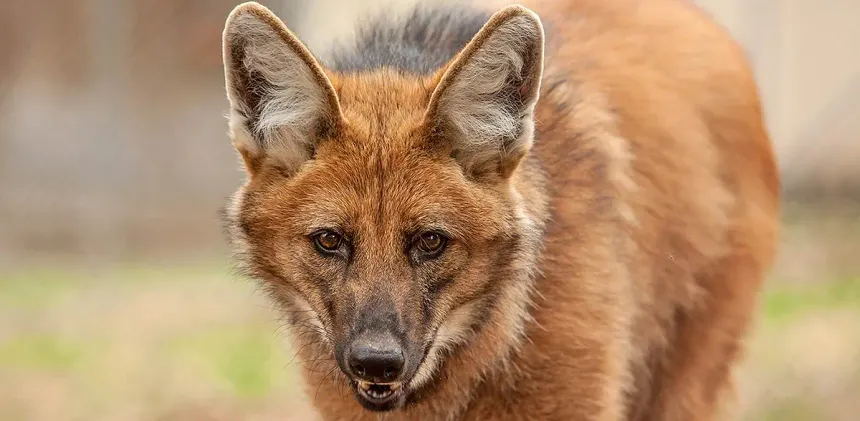“Raven as a Pet: Wise Companion or Wild Soul?”

Mysterious, intelligent, and steeped in myth, ravens have long fascinated humans. From Norse legends to Edgar Allan Poe’s haunting verse, these large black birds have been symbols of wisdom, magic, and death. But could a raven ever be kept as a pet? What are the challenges, legalities, and ethics of having such a wild, intelligent creature in your home?
Here’s everything you need to know about keeping a raven as a companion, and why it might not be as simple—or as wise—as it sounds.
1. Remarkable Intelligence
Ravens belong to the corvid family, alongside crows, magpies, and jays. They’re considered one of the most intelligent animals on Earth. Studies have shown ravens can:
- Use tools
- Solve complex puzzles
- Plan for future events
- Mimic human speech (better than some parrots!)
This intelligence means a pet raven requires intense mental stimulation—without it, they can become bored, aggressive, or depressed.
2. Social Needs and Emotional Depth
Ravens are highly social and emotional birds. In the wild, they live in pairs or small groups, forming lifelong bonds. A raven kept alone can suffer loneliness and psychological stress. If kept in captivity, they need daily interaction, social bonding, and environmental enrichment.
3. Messy, Noisy, and Mischievous
While their sleek feathers and dramatic appearance may seem elegant, ravens are not tidy pets. They’re loud, unpredictable, and love to play with and destroy objects out of curiosity. Owners have reported:
- Screeching calls early in the morning
- Food flung across rooms
- Chewed-up furniture, electronics, and clothing
Their strong beaks can be dangerous, especially around children.
4. Diet and Health
Ravens are omnivores, and require a varied, nutrient-rich diet including:
- Meat and eggs
- Fruits and grains
- Insects and nuts
Feeding a raven properly is more complicated than feeding a dog or cat, and improper nutrition can quickly lead to health problems.
5. Legal and Ethical Considerations
In many countries, including the United States, Canada, and the UK, it is illegal to keep a raven as a pet without special permits. Ravens are protected under laws like the Migratory Bird Treaty Act (U.S.), and ownership requires being a licensed rehabilitator, falconer, or educational handler.
Even where legal, keeping a raven is considered ethically questionable due to their high intelligence and emotional complexity. Most animal welfare experts recommend leaving ravens in the wild, where they thrive.
6. Lifespan and Long-Term Commitment
Ravens can live 20–40 years in captivity, meaning owning one is a long-term commitment—longer than many dogs. Few people are prepared to offer consistent care and stimulation for decades.

7. Alternatives for Raven Lovers
If you’re enchanted by ravens but not ready for the responsibilities, consider:
- Volunteering at a wildlife rehabilitation center
- Supporting raven conservation programs
- Observing ravens in the wild—urban parks, forests, and cliffs are common habitats
You can also raise chickens or parrots if you’re looking for intelligent, trainable birds that are legal and more suited to domestic life.
Conclusion: Admire from Afar
Ravens are wild, brilliant creatures, not suited for cages or casual pet ownership. While their allure is undeniable, respecting their wild nature is the most loving choice we can make. Let ravens soar freely in the skies—where their minds and wings belong.




